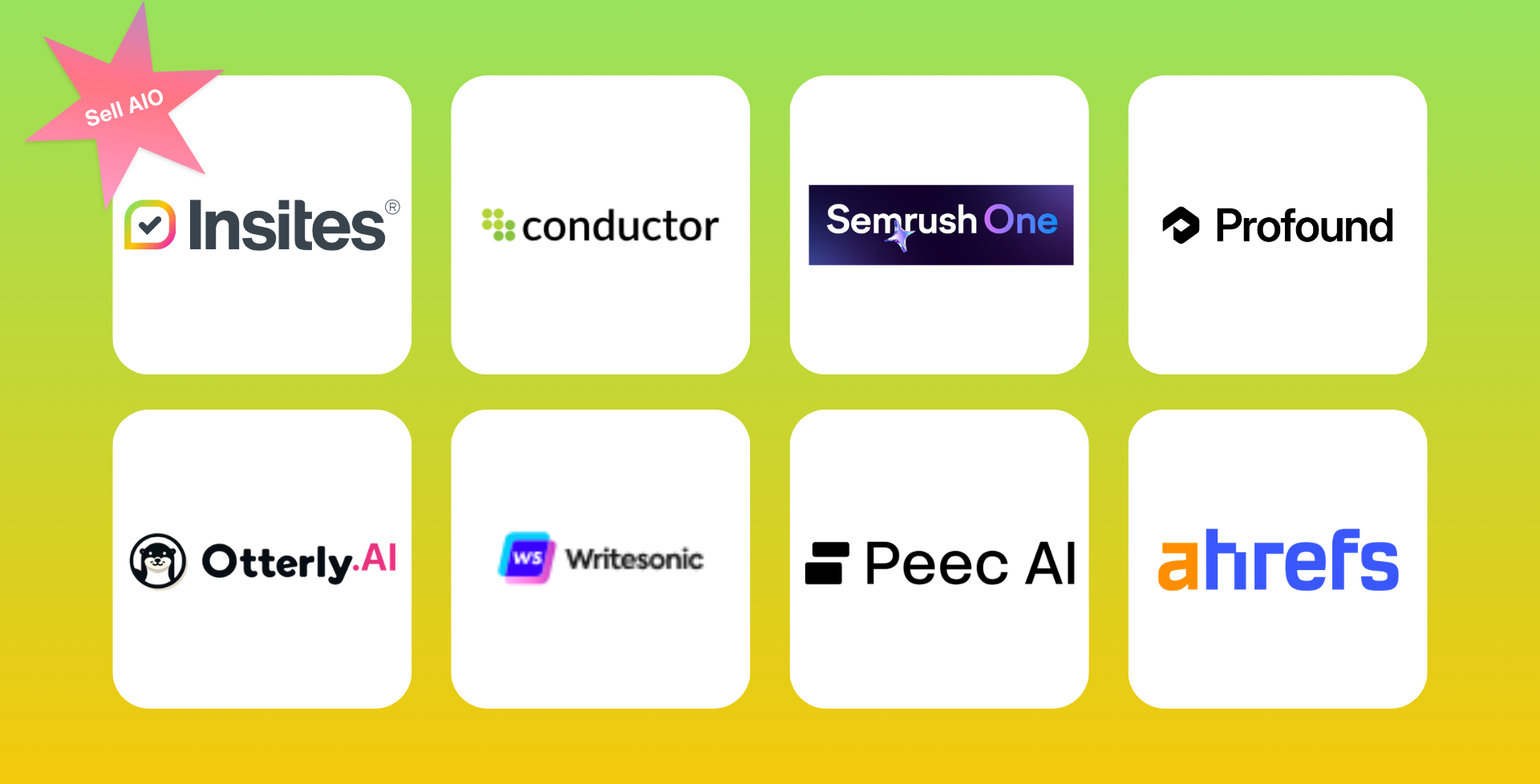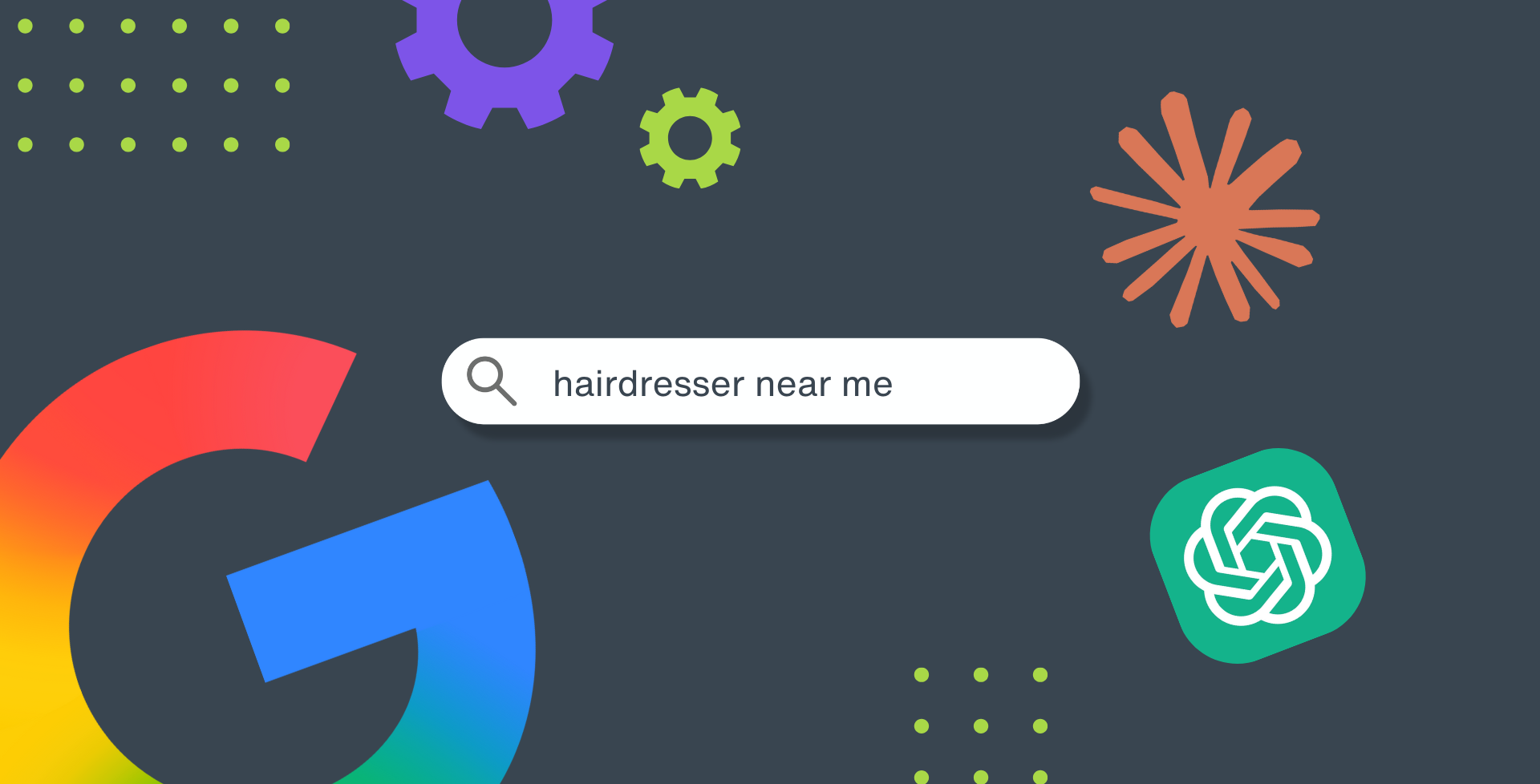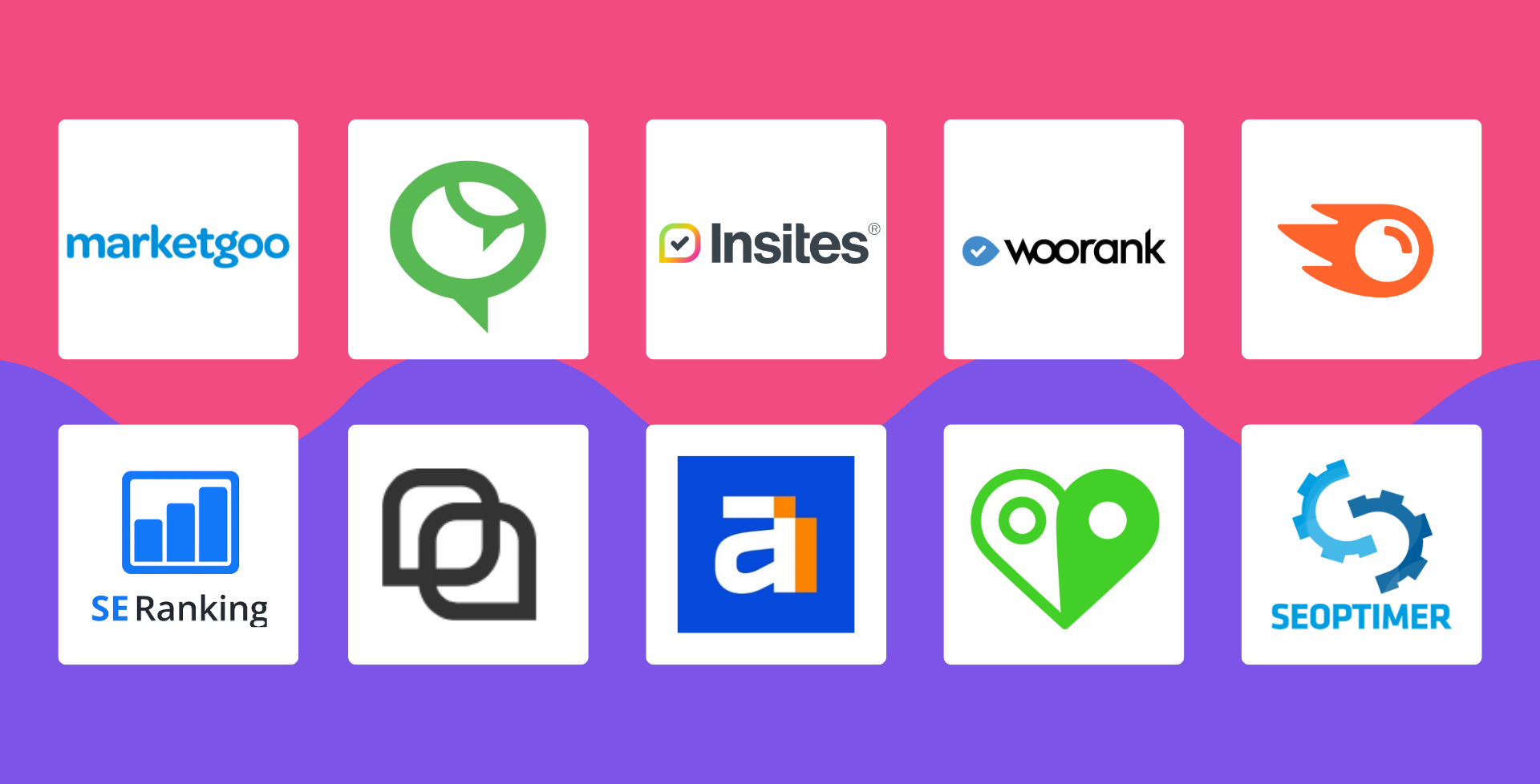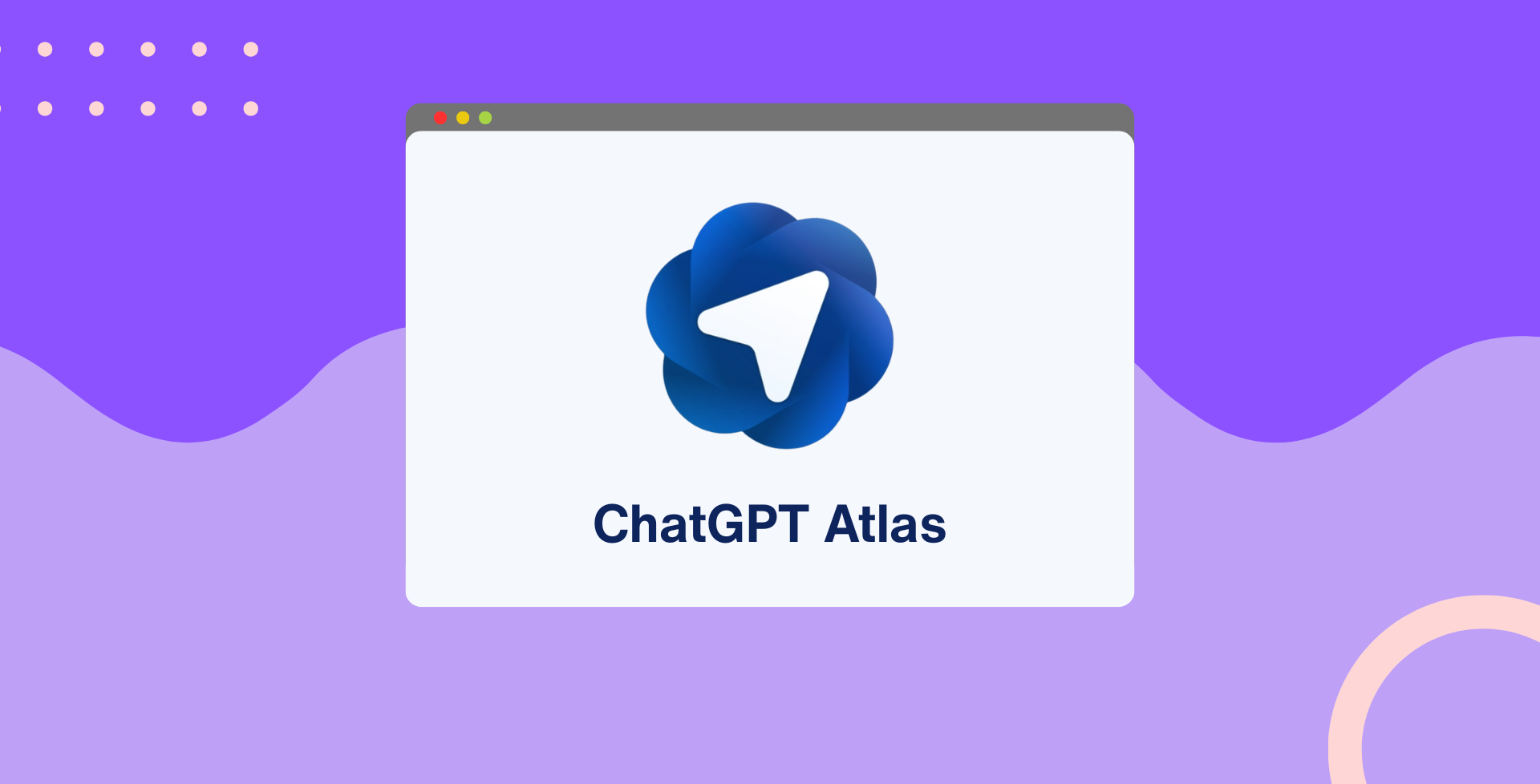Selling SEO vs AEO if you're a digital marketing solution provider
Izzy Fletcher • April 23, 2025
As AI continues to reshape how people search for answers, your SMB clients are likely asking a pressing question: "Is regular SEO enough to get visibility in AI chatbots like ChatGPT, or do we need a new strategy?"
With the rise of terms like "GEO" (Generative Engine Optimisation) and "AEO" (Answer Engine Optimisation), there's considerable debate about whether these require entirely new approaches or if traditional SEO practices are sufficient.
The SEO vs. AEO debate and what the data shows
In a recent analysis by Kevin Indig who used Similarweb data, a fascinating pattern emerged: top performers in traditional search aren't always the leaders in AI chatbot visibility.
This discovery has significant implications for enterprise digital marketing sales teams selling digital marketing services to SMBs. Why? Because it identifies untapped opportunities that could give your clients an edge over competitors who are only focusing on traditional search.
Here's what Indig's research revealed after comparing Google organic traffic with ChatGPT brand visibility across different product categories:
- The correlation between SEO success and AI chatbot visibility varies significantly by industry, e.g. earbuds (tech) vs CRM (software)
- Some categories show strong correlation, and SEO success translates to AI visibility
- Other categories show weak correlation - creating opportunities for brands to stand out in AI, even if they're not dominating in search
Why this matters for your sales team and clients
As a solutions provider supporting SMBs, this insight presents a significant opportunity. Many of your competitors are telling clients that "good SEO is all you need" for AI chatbot visibility. However, the data suggests this isn't universally true.
For your sales team, this creates opportunities to:
- Differentiate your service offerings by addressing both traditional search and AI chatbot visibility
- Identify industries where AI optimisation could give clients a competitive edge
- Develop more sophisticated digital strategies that account for both search engines and answer engines
How to determine if your clients need AEO
The need for specific AI optimisation depends largely on the client's industry. According to Indig's research:
- Industries with fragmented competition tend to offer more opportunities for gaining AI visibility
- Categories dominated by a few major brands make AI optimisation more challenging
- Some verticals show low correlation between search success and AI visibility, creating openings for newcomers
For your sales team, this means conducting industry-specific analyses to determine where the biggest opportunities lie for each client.
Practical strategies for helping clients win in both worlds
While the underlying principles of quality content and authority remain similar across both SEO and AEO, here are key differences your team should understand:
User intent and query patterns
In traditional search: Users typically enter short queries with specific keywords In AI chatbots: Users tend to input longer, conversational prompts that express detailed intent
This means your content strategies need to address both concise keyword-focused queries and more nuanced, conversation-style questions.
Quality signals
In traditional search Google uses hundreds of signals, including click behaviours and time-on-page. In AI chatbots, brand popularity and volume of mentions appear to be stronger factors
Your team might need to balance traditional SEO metrics with broader brand-building strategies for clients seeking AI visibility.
Rich results and formatting
In traditional search, Google offers various SERP features to display different content types In AI chatbots, rich formatting is more limited, though evolving. This influences how you structure and format client content for different discovery channels.
How audits speed things up for your sales team and clients
Understanding where your prospects and clients are right now isn’t an easy task, especially if you're doing it manually.
Where are they ranking for specific keywords?
How are they ranking against competitors?
A strong digital marketing presence shouldn’t be measured by guesswork.
With
Insites, in just 60 seconds, sales reps can run online presence checks on any business and generate an audit that identifies where the opportunities to rank higher on search engines are.
1. Comprehensive digital audits that cover both worlds
Insites auditing tools assess over 70 aspects of your client's digital presence, including many factors that impact both search engine and answer engine visibility:
- Content quality and depth - Evaluating both keyword targeting and comprehensive topic coverage
- Website performance - Ensuring accessibility for both search engines and AI crawlers
- Technical SEO factors - Identifying issues that could hamper visibility across all channels
- Local grid feature - Helps identify geographical competition patterns and
rovides clear metrics to showcase improvement
2. Lead generation that captures forward-thinking clients
Our lead generation widget can be customised to appeal to clients specifically concerned about AI visibility:
- Offer free AI readiness assessments using our customisable audit designer
- Capture qualified leads interested in next-generation digital marketing
- Demonstrate immediate value with instant insights into both search and
AI opportunities
Actions your digital marketing organisation can take today
1. Audit your current client portfolio to identify industries with low correlation between search and AI visibility (these represent the biggest opportunities)
2. Develop an AI visibility assessment as part of your sales process to identify gaps in clients' current strategies
3. Create content that serves both discovery channels:
- Comprehensive, factual information
- Clear answers to specific questions
- Strong brand signals
- Multiple content formats for broader reach
4. Monitor AI visibility alongside traditional search rankings to provide more complete reporting to clients
5. Position your agency ahead of the curve by educating clients about these differences before your competitors do
Looking ahead to the future of search and AI
While we're still in the early stages of AI's impact on digital marketing, most experts agree these systems will continue to evolve distinctly from traditional search. As an agency partner to SMBs, staying ahead of these trends positions you as a valuable, forward-thinking advisor.
As Indig aptly puts it, SEO and AEO are like "pianos and guitars" - both are instruments that make music and share fundamental principles, but require different techniques to play effectively.
Don't let your clients fall behind as AI transforms digital marketing. Book a free demo call to see how Insites can help your sales team convert more leads with comprehensive audits that address both traditional search and AI visibility.


























